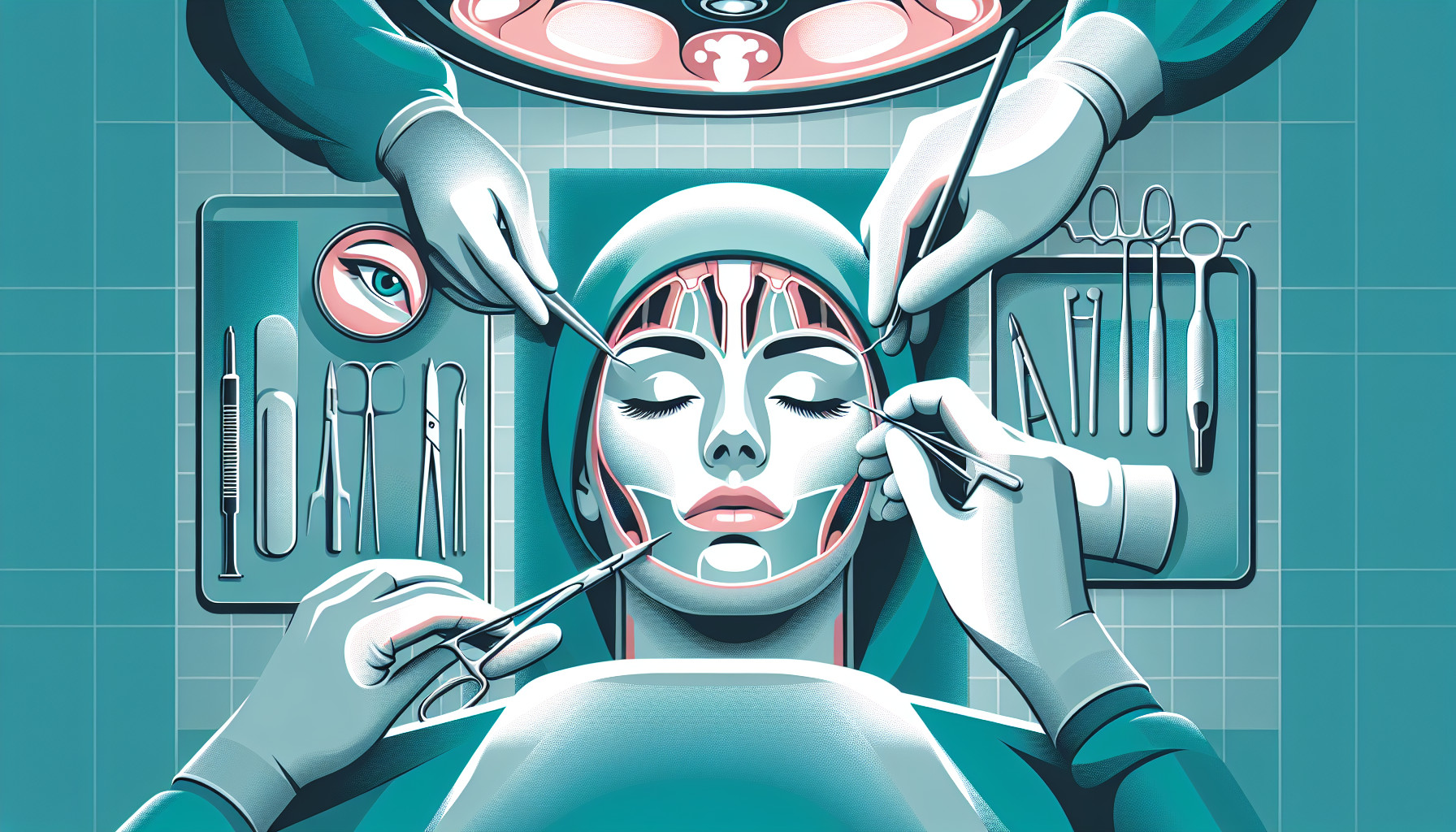Our Summary
This research paper looks at the experiences of patients who have had orthognathic surgery - which is surgery to correct conditions that affect the jaw and face - at a specific medical center between 2013 and 2020. The patients in this study have underlying health conditions, such as systemic diseases (those that affect the whole body), syndromic conditions (a group of symptoms that together are characteristic of a specific disorder or disease), or a history of cancer treatment.
The study excluded patients with cleft lip/palate or those who needed craniofacial or reconstructive surgery. The researchers collected data on any complications that occurred during or within three months after the surgery.
Of the 1049 patients who had orthognathic surgery, 80 had an underlying health condition (7.6%). This includes 50 patients with at least one systemic disease, 25 patients with a syndromic condition, and 5 patients with a history of cancer treatment. The study found that complications occurred in 10% of patients with a systemic disease, 36% of patients with a syndromic condition, and none of the patients with a history of cancer treatment.
Only three patients out of 1134 who consulted the medical team were advised against having orthognathic surgery due to their underlying health condition.
The conclusion of the study is that complications during or shortly after surgery are not common for patients with an underlying health condition. It is also very rare for a patient’s health condition to mean they cannot have orthognathic surgery.
FAQs
- What is the rate of complications in orthognathic surgery for patients with underlying disorders?
- How often is orthognathic surgery contraindicated due to an underlying disease?
- What types of underlying disorders were most common in patients who underwent orthognathic surgery at the tertiary center?
Doctor’s Tip
One helpful tip a doctor might tell a patient about orthognathic surgery is to disclose any underlying systemic diseases, syndromic conditions, or oncological history to the surgical team. This information is important for the surgical team to consider during the planning and execution of the surgery to minimize potential complications. It is also important for the patient to follow all preoperative and postoperative instructions carefully to ensure a successful outcome.
Suitable For
Patients with systemic diseases, syndromic conditions, or an oncological history are typically recommended orthognathic surgery if their condition can be managed and controlled effectively prior to and during the surgery. In this study, patients with systemic diseases, syndromic conditions, or a history of oncological disease treated with chemotherapy and/or radiation therapy of the head and neck were found to have a low rate of complications following orthognathic surgery. Contraindications for orthognathic surgery in these patients were rare. However, it is important for these patients to be evaluated by a multidisciplinary team to ensure that the surgery can be safely performed and that any potential risks are minimized.
Timeline
Before orthognathic surgery:
- Initial consultation with an orthodontist and maxillofacial surgeon
- Comprehensive evaluation of the patient’s dental and facial structure
- Preoperative orthodontic treatment to align the teeth
- Medical assessment to ensure the patient is healthy enough for surgery
After orthognathic surgery:
- Recovery period in the hospital for a few days
- Pain management and follow-up appointments with the surgical team
- Initial swelling and discomfort that gradually improves over time
- Postoperative orthodontic treatment to fine-tune the bite and alignment of the teeth
- Long-term follow-up to monitor the stability of the surgical results and address any issues that may arise.
What to Ask Your Doctor
Some questions a patient should ask their doctor about orthognathic surgery if they have a systemic disease, syndromic condition, or oncological history may include:
- How will my underlying condition affect the surgery and recovery process?
- Are there any specific precautions or adjustments that need to be made for my condition during the surgery?
- What potential complications should I be aware of given my medical history?
- Will my treatment plan be different compared to patients without underlying disorders?
- Are there any alternative treatment options or considerations that should be taken into account?
- How will my ongoing medical treatment for my condition be managed before, during, and after the surgery?
- What is the long-term outlook for my orthognathic surgery results given my medical history?
- Are there any specific follow-up care or monitoring that needs to be done post-surgery for my condition?
- Can you provide me with information on the experience and success rates of patients with similar medical backgrounds who have undergone orthognathic surgery?
- Are there any specific risks or complications that I should be particularly cautious about given my medical history?
Reference
Authors: Brijs K, Peeters H, Politis C. Journal: Oral Maxillofac Surg. 2023 Jun;27(2):235-243. doi: 10.1007/s10006-022-01054-1. Epub 2022 Mar 28. PMID: 35344096
